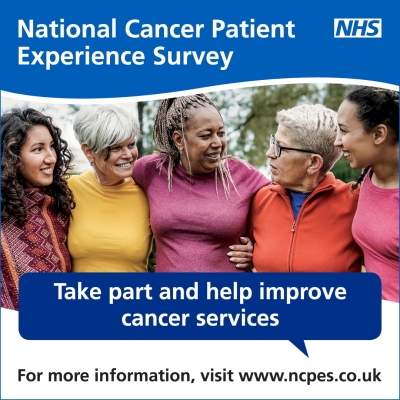Northumbria Healthcare NHS Foundation Trust Sets Benchmark for Cancer Patient Experience: A Deep Dive
In the stillness of a hospital room, the weight of a cancer diagnosis can feel like an insurmountable burden. For many patients at Northumbria Healthcare NHS Foundation Trust, the path ahead is illuminated by a system that prioritizes empathetic care. A recent survey revealed that Northumbria has attained a record score of 9.31 in the National Cancer Patient Experience Survey, a figure that not only highlights the trust’s commitment to patient care but also sets a new standard for healthcare across the UK.
A Beacon of Excellence in Cancer Care
The National Cancer Patient Experience Survey is more than a simple report card; it serves as a candid assessment tool, giving a voice to thousands of patients across England. Northumbria’s score, significantly above the expected range, reflects both patient responsiveness and high-quality care. With a staggering 98% of respondents affirming that they received adequate privacy during diagnostic test results, and 97% noting comprehensive prior information about their procedures, the numbers tell a compelling story.
Exploring the Metrics
- Overall Satisfaction Score: 9.31 out of 10
- Response Rate: 53% (490 out of 931 sampled patients)
- Privacy Assurance: 98% of patients felt sufficient privacy was provided
- Pre-Test Information: 97% received necessary information prior to tests
Marion Dickson, Executive Director of Nursing at Northumbria Healthcare, emphasized the significance of these scores. “At Northumbria, we genuinely place our patients first. This survey’s results are a testament to our team’s unwavering dedication to providing exceptional care.” Such sentiments are echoed by Amanda Walshe, the lead cancer nurse, who reflected, “Patient care is the heart of what we do, and it’s reassuring to see our performance consistently improve.”
The Patient Journey: From Diagnosis to Support
In perhaps one of the most groundbreaking initiatives, Northumbria Healthcare launched a targeted lung health screening program in 2024. This program is specifically designed for current and former smokers aged 55 to 74, offering early detection of lung cancer through advantages like low-dose CT scans. Such proactive measures could significantly alter patient outcomes.
“Detecting cancer earlier not only enhances treatment options but can also lead to far better prognoses,” shares Dr. Emma Harrison, an oncologist who has researched early detection methods extensively. “The quicker we can provide patients with accurate diagnoses, the more we can empower them to make informed decisions about their health.” For many, this early intervention can mean the difference between a manageable health issue and a life-threatening crisis.
Support Services: A Comprehensive Approach
In early 2025, the foundation will roll out a new Macmillan Information and Support Service aimed at anyone impacted by cancer. This initiative is pivotal in connecting patients with specialized resources, effectively becoming a lifeline for those navigating the complexities of cancer care. “Evidence suggests that comprehensive support positively influences a patient’s quality of life,” notes Dr. Mark Whitaker, who has published numerous studies on patient support systems.
This commitment to holistic care extends beyond treatment, creating an ecosystem where patients feel acknowledged and empowered throughout their journey.
Implications for the Future of Healthcare
The breakthrough in Northumbria’s patient experience metrics has broader implications. Stakeholders across the healthcare sector are closely watching, as these practices could serve as a template for improving patient satisfaction nationwide. “When healthcare providers prioritize the needs of their patients, it fundamentally transforms the entire healthcare experience,” states Dr. Lisa Foster, a health policy expert. “Northumbria exemplifies what is possible when dedication meets systematic structure.”
Other NHS providers are likely to look into the strategies employed by Northumbria as they navigate their own challenges in patient care. From privacy considerations to comprehensive support frameworks, the data could compel a reevaluation of current healthcare practices across the board.
Conclusion
In the face of one of life’s most daunting challenges, Northumbria Healthcare NHS Foundation Trust emerges not merely as a provider of medical services, but as a holistic support system for cancer patients. By fostering an environment of thorough communication, privacy, and comprehensive care, they are not only raising the bar for cancer treatment but also redefining what excellence in health care should look like. As more institutions seek to replicate this success, the future of cancer care in the UK holds promise, drawn from the exemplary model set by Northumbria.
Source: www.northumbria.nhs.uk


